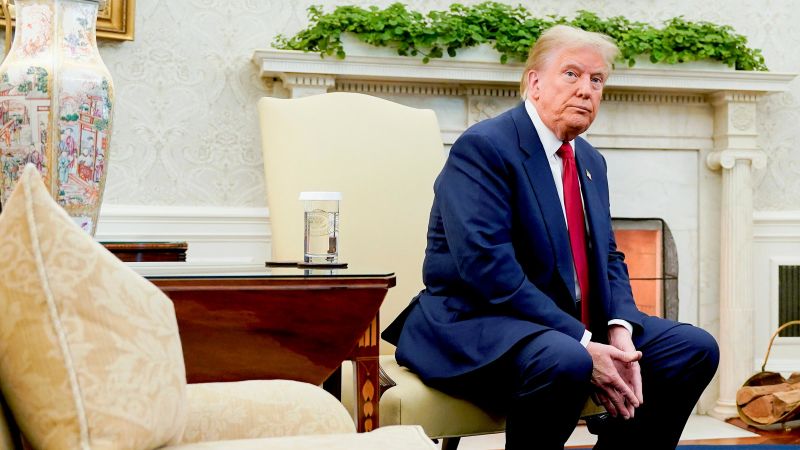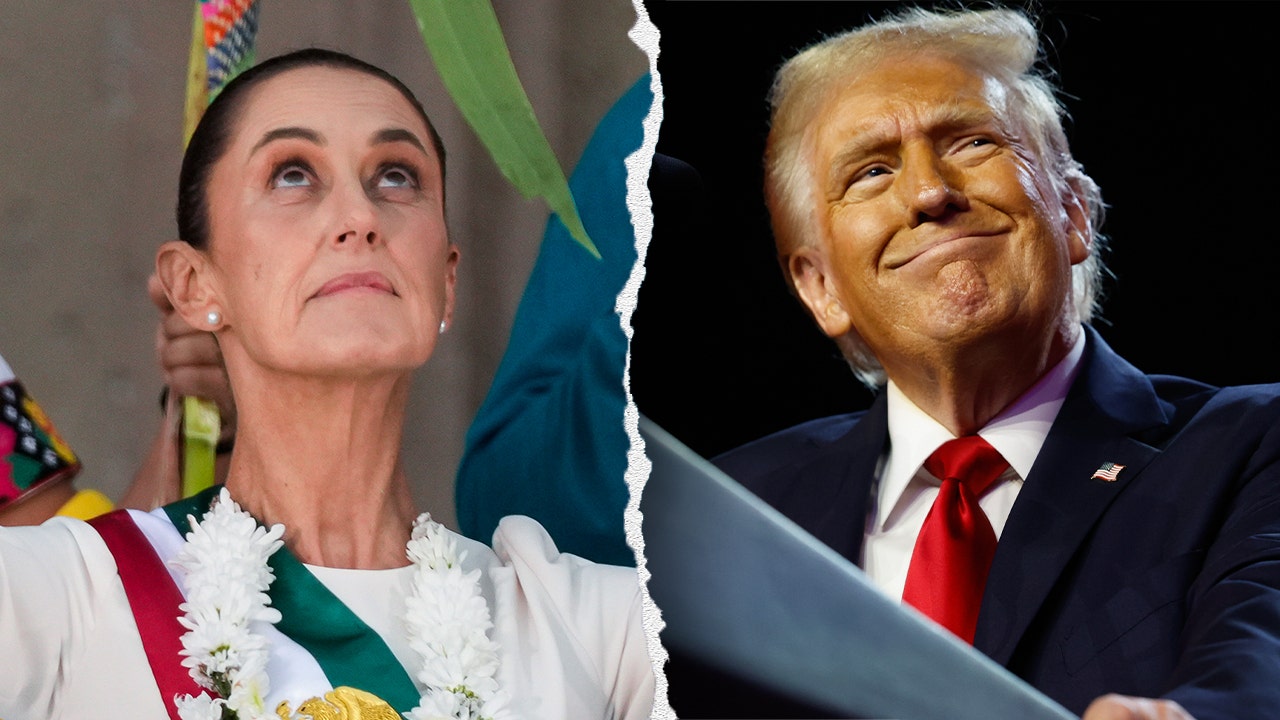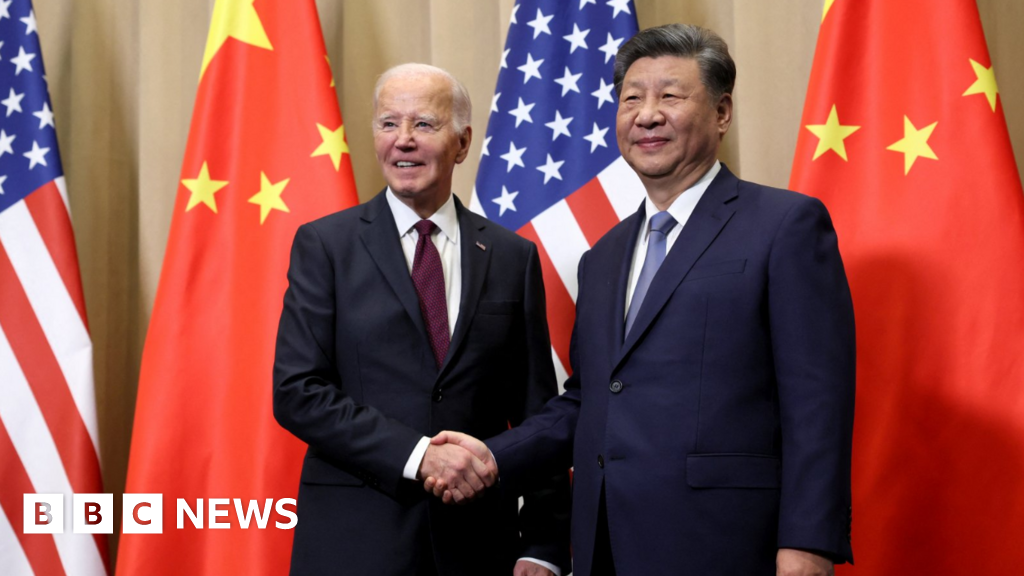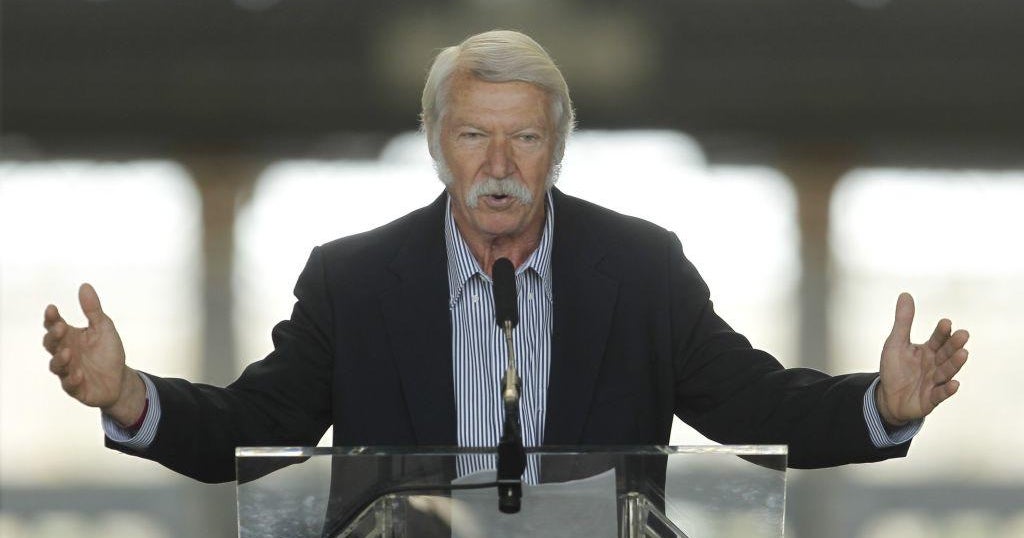World
Spineless Biden is edging us towards World War III

Abracadabra is not a strategy. Will somebody please tell that to the White House? As the events of recent months have shown, simply declaring that you want a ceasefire deal in Gaza, or a nuclear agreement with Iran, or “de-escalation” in the Middle East, or a Saudi-Israel deal to counter the Iranian threat, does not conjure it into reality.
In fact, the opposite is demonstrably the case. The administration seems to have forgotten – if it ever held this knowledge in the first place – that when you berate an ally in public, your foes listen carefully and adjust their tactics. When you telegraph your goals and the limits of your stomach for pursuing them (“no American boots on the ground”), your enemies are taking notes. When you signal your desire to withdraw from the region, bad actors prepare for the vacuum. As a result, the Middle East, and indeed the globe, now finds itself closer to all-out war than it has been for decades.
“Abracadabra” is thought to be a corruption of the Hebrew, “ebrah k’dabri,” meaning “my words will create reality”. This is true, but in precisely the opposite way to what Joe Biden thinks. In Ukraine, his administration’s public insistence that American munitions would not fall on Russian territory has been seen as a green light by the Kremlin, leading to the opposite of his goal of “de-escalation”.
But it is particularly the case when it comes to Iran, one of the wiliest threats to the Middle East and the world. Following the Israeli assassination of Hamas leader Ismail Haniyeh in Tehran two weeks ago, the region is in a state of great tension as it awaits an Iranian reprisal which may tip the Middle East into a state of conflict. Unlike Washington, Tehran is hiding its hand, allowing a period of anticipation to psychologically degrade its enemy.
On Sunday, while leaving church in Reheboth Beach, Delaware, Biden was asked for his message to Tehran. “Don’t,” he replied. Had he forgotten that he had told the Iranians the same thing back in April? You could almost hear Benjamin Netanyahu saying: thanks for that. The last time Iran was rolling out warheads to their launching sites, the President’s “don’t” precipitated a rain of hundreds of missiles and drones on the Jewish state.
On that occasion, the United States masterminded an international coalition that impressively defended Israeli skies, at once highlighting the threat from Iran and the West’s military superiority. The very next day, however, the White House openly demanded that Israel “take the win” and refrain from retaliating.
In the event, Jerusalem destroyed a radar unit beside Iran’s nuclear facility in Natanz, sending Tehran a message about its capabilities. Whether this created a sufficient deterrent to avoid a regional war four months later remains to be seen. But the Ayatollah was left in no doubt about the extent of the American superpower’s appetite for exacting a price for aggression. It is through this lens that he now views the squadron of US fighter jets and naval assets that have been deployed to the region, and through which he sees Biden’s repeated instruction, “don’t”.
It is hard to avoid the conclusion that Tehran is running rings around Washington. Indeed, it is difficult to ascertain whether the US has a coherent Iran strategy at all. In 2018, Donald Trump pulled out of Barack Obama’s nuclear deal and replaced it with a draconian package of sanctions dubbed “maximum pressure”. Two years later, he authorised the killing of the iconic Iranian terror chief Qasem Soleimani. While this did not halt Iranian progress towards a nuclear weapon, it choked the supply of resources for its proxy militia throughout the region and injected a tangible jeopardy into Tehran’s decision-making.
By contrast, the appeasement of the Biden years began even before he became president. During the 2020 campaign, he wrote an article for CNN expressing his desperation to reinstate the Obama deal. The Ayatollah got the message and reacted accordingly. In the negotiations that followed, he strung out the process while accelerating his progress towards a bomb, sailing past the achievements of enriching uranium at 20 per cent, then 60 per cent while the White House continued to play nice.
Biden reacted by accelerating the appeasement, evading or ignoring his own sanctions to release $16 billion of previously frozen assets into Iranian hands in the runup to October 7. Even after the Hamas attacks, the White House renewed a sanctions waiver that allowed the regime to access a $10 billion pot from selling electricity to Iraq. Once again, the Ayatollah got the message, reacting in the opposite way from that which the White House had expected.
In this way, Biden has arrived at the twilight of his presidency by eclipsing his shameful Afghan withdrawal of 2021. The world is in turmoil, Russia and China are emboldened and America’s foremost ally in the Middle East is being left to enforce deterrents alone. The world’s most malign, dangerous and oppressive theocracy – an ally of Moscow and Beijing – is fast advancing to become a regional nuclear superpower. Wouldn’t it have been easier to have toughened up in the first place?










